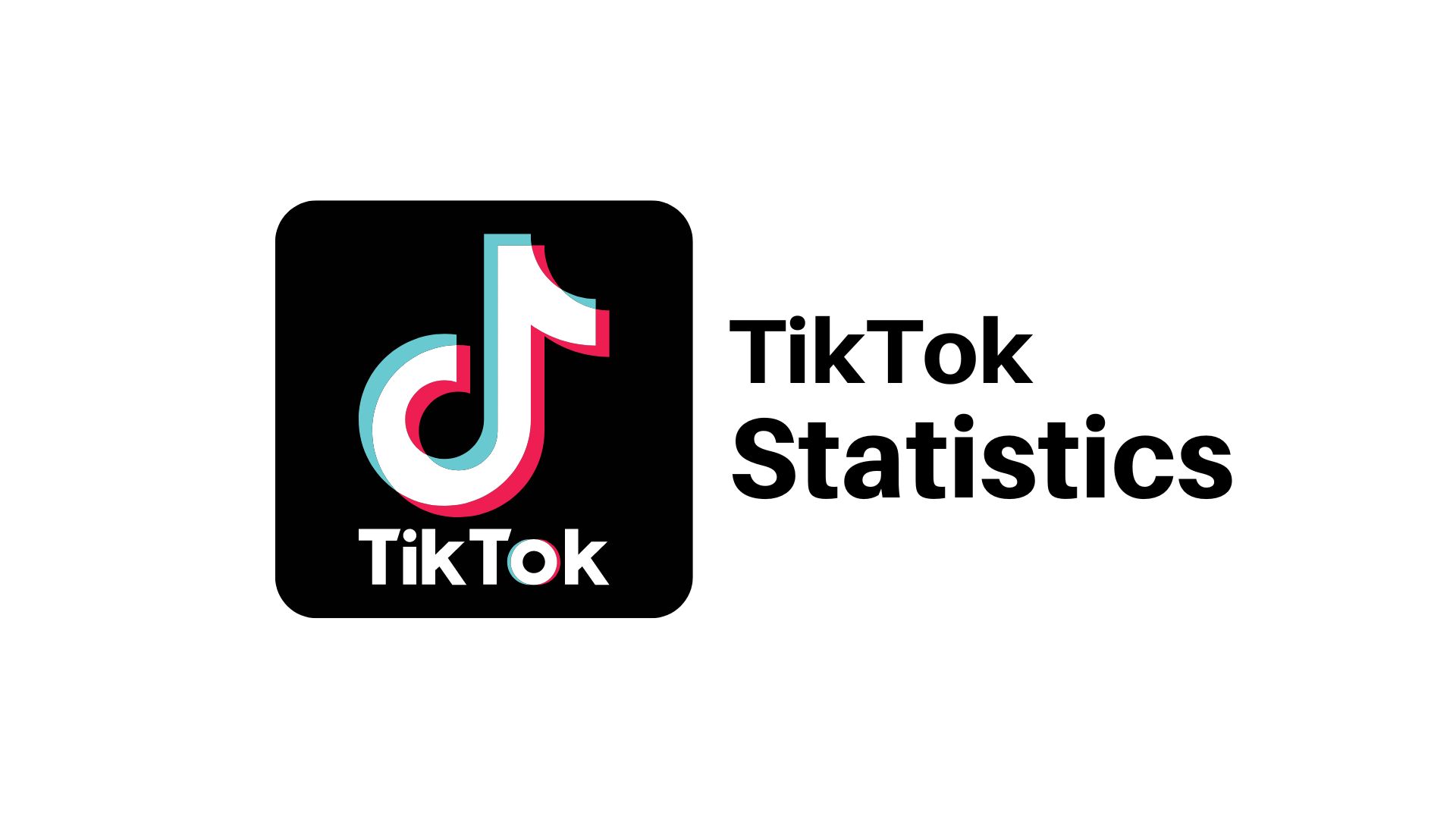Flexibility Key to Finding CRM Sweet Spot
Page Contents
CRM emerged as a big priority this year for both CIOs and CEOs, according to recent surveys from Gartner. Organizations are seeking out platforms that enhance collaboration, improve sales and deliver superior customer experiences. And they're spending accordingly.
Before they can exploit those revenue-generating benefits, though, businesses have to surmount one big hurdle: getting started.
Taking the CRM Plunge
A cursory survey of the CRM landscape reveals a wealth of options. Microsoft Dynamics or SugarCRM? Hosted on the cloud or on-premise? Then there is the rapidly growing list of features like social media integration, gamification and mobile support.
It can be overwhelming for CRM beginners.
Rebecca Wettemann, vice president of Nucleus Research, says a successful CRM implementation starts long before the process of evaluating CRM vendors. Some self examination is in order.
First, it helps to identify the tipping point — that moment when CRM adoption becomes a foregone conclusion. Typically, businesses adopt CRM when “sales moves from an individual effort to a team effort,” Wettemann says.
CRM Checklist
With that prerequisite met, it's time to weigh the needs of the sales organization and how technology can address them.
“Usability is a key one,” says Wettemann. If, for instance, an organization has become reliant on Outlook, there's little justification in throwing things into disarray with software that integrates poorly — or not at all — with Microsoft's productivity suite. When possible, find a solution that integrates with existing platforms and workflows to avoid steep learning curves that can bring productivity screeching to a halt.
Roving sales forces will require mobile device access, adds Wetteman. She advises organizations to steer clear of CRM suites that simply mimic the desktop experience on a smartphone or tablet, however. Instead, seek solutions and app ecosystems that are optimized for mobile platforms.
Cloud or on-premise? The answer is obvious, at least for SMBs. “Rarely does it make financial sense to go on-premise,” says Wettemann. Cloud services simply offer small businesses more flexibility. She suggests SMBs bring CRM in-house “if you don't plan on ever making configuration changes.”
Avoiding CRM Pitfalls
While evaluating CRM software, it's also a good time to manage expectations, says Wettemann. “Don't go in expecting that you're going to deploy perfectly out of the box,” she says. An effective and efficient CRM deployment may take several rounds of customizations and optimizations to arrive at a good, seamless fit for sales organizations.
Also don't expect it to be a cure for all that ails a sales force. “Don't assume the technology will solve a sales management problem,” says Wettemann. The improved visibility afforded by some CRM software won't fix the quirks of human nature that bubble to the surface in the workplace. In fact, it can magnify them.
Generally, it's smart to shop with flexibility in mind, particularly for SMBs and firms that are just dipping their toes into CRM. Make your environment too rigid, warns Wettemann, and “it can have a real impact on user adoption.”
Without employee buy-in, CRM could have the opposite on the desired effect, potentially resulting in uncoordinated sales efforts, poor customer service and missed sales opportunities. Moreover, adopt an inflexible platform and “you're going to have to pay someone to make changes” — not the most appealing prospect in these IT budget-constrained times.
One Company's CRM Story
One company that took flexibility to heart is Cogburn Law, a Las Vegas-based firm that specializes in mortgages, particularly loan modifications. As anyone who is following the turbulent real estate market can guess, business is brisk. Cogburn Law has approximately 60 employees, and is growing fast.
Toby Dziubala, Cogburn's chief software architect, relies on SugarCRM to handle increasing work volume and the demands of a growing staff.
SugarCRM is an open source customer relationship management platform whose main supporter is a company by the same name. SugarCRM's free Community Edition is used by roughly 80,000 organizations worldwide. Judging by 10 quarters of strong growth and a 118 percent year-over-year increase in billings in the first quarter of 2012, many of them are upgrading to a commercial edition such as Sugar Professional, the version used by Cogburn Law. Sugar Professional is one of four commercially available editions, along with Sugar Corporate, Sugar Enterprise and Sugar Ultimate.
SugarCRM credits its explosive growth over the past few years on its open source underpinnings and a strong developer community that numbers in the thousands. Those traits resonate strongly with Cogburn Law's Dziubala.
Open Source CRM Advantage
“The fact that it's open source allows me to dig under the hood,” says Dziubala. For IT managers like Dziubala with coding experience, it's an invaluable feature that helps tailor the product to businesses that don't fit into the traditional sales model.
In Cogburn's case, SugarCRM allowed for streamlined workflows and integrations with other systems, like specialized attorney software and a website that helps drum up business online via a user-submitted form. As a result, Cogburn's turnaround time — the time it takes to turn leads into clients — has shrunk dramatically. Efficiency has also “gone up noticeably,” reports Dziubala.
Other perks include an interface that delivers a “smooth user experience” and eases training, an important consideration for companies like Dziubala's that are “hiring more and more people every week.” Dziubala also likes SugarCRM's rich reporting options.
Some of the credit goes to the SugarCRM community of coders and experts. “There's great support out there from the developer community,” Dziubala says. Even the lead developers have proven helpful and accessible to him.
Finally, Dziubala draws attention to support, an important aspect that can make or break a CRM deployment — or any software initiative for that matter. Strong support from a CRM vendor is especially important for organizations that provide any measure of support to their own customers. Good customer service from a CRM company can be a good indicator of the value its culture places on making customers happy. Chances are that it will also show in their offerings.
Pedro Hernandez is a contributor to the IT Business Edge Network, the network for technology professionals. Previously, he served as a managing editor for the Internet.com network of IT-related websites and as the Green IT curator for GigaOM Pro. Follow him on Twitter @ecoINSITE

Pedro Hernandez contributes to Enterprise Apps Today, and 11Press, the technology network. He was previously the managing editor of Internet.com, an IT-related website network. He has expertise in Smart Tech, CRM, and Mobile Tech, Helping Banks and Fintechs, Telcos and Automotive OEMs, and Healthcare and Identity Service Providers to Protect Mobile Apps.

